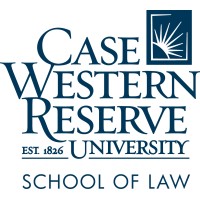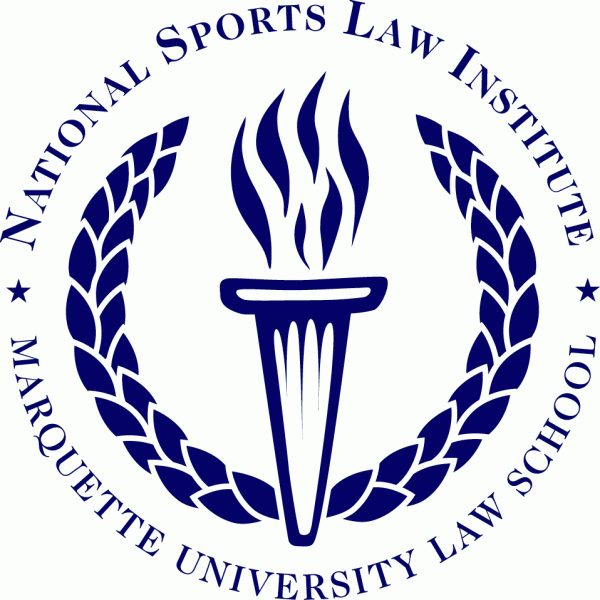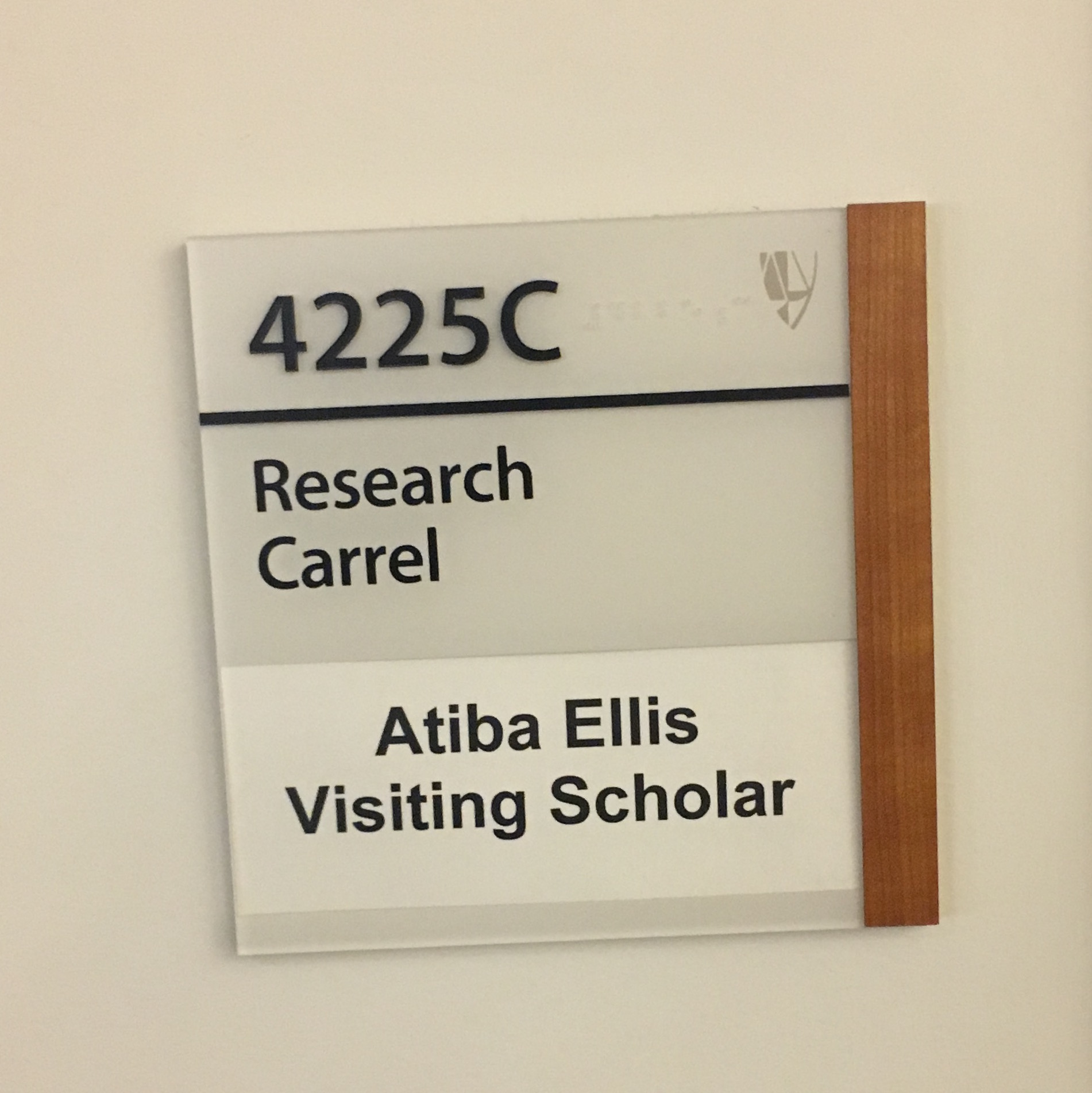First of all—I’m happy to be back on the blog and sharing my work. I’ve taken time away from sabbatical, and over the next few weeks I’ll be sharing big events and projects coming up. But I wanted to kick off this post-sabbatical post by sharing what I’m up to at the Southeastern Association of Law Schools 2017 Annual Conference (SEALS).
So, I’m writing this from 30,000 feet as I look out of the window over the Florida coastline. I can see ocean, beach, and clouds, and my first reaction is—sun, shore, and scholarship—three of my favorite things.
My second thought: I’m flying into a tropical storm!
The delays caused by the storm have been minor, the storm should cross over today and move out tomorrow, so I’m hoping it will not dampen what promises to be an exciting conference. (And frankly, after attending these for years, I thought it only a matter of time before hurricane season caught up with a conference usually held in Florida in August!)
I wanted to highlight specifically the discussion groups and panels I’ll be involved in—if you can make it through the rain, stop by and dry off.
My SEALS Conference Schedule, In Brief
Monday, July 31
- 3:00 PM: Beyond the Socratic Method in Trusts and Estates
Thursday, August 3
- 9:00 AM: Reforming the Presidential Selection Process
- 1:00 PM: Inside the Mind of the Outside Reviewer
Saturday, August 5
- Book Projects and Publication in Election Law
SEALS: The Details
Today – Monday, July 31 – at 3:00 PM, I will be participating in a discussion group on teaching innovation in Trusts & Estates Law. In particular, I hope to discuss my work regarding how I have used social media and outside-the-box teaching materials to enliven my intro Trusts & Estates class. Here’s the abstract:
WORKSHOP ON TRUSTS AND ESTATES
Discussion Group: Beyond the Socratic Method in Trusts and Estates
Many trusts and estates courses have historically focused their teaching techniques on the traditional Socratic method, and much of trusts and estates scholarship has focused on the development of doctrine within the field itself. This discussion group will explore pedagogy that is expanding the ways of teaching and studying trusts and estates and related doctrines. The discussion group will address: 1) innovations in teaching, including both skills and doctrine; and 2) incorporating concepts from Elder Law, Family Law, Property, and Professional Responsibility into Trusts and Estates — and vice versa.
I will be presenting at two events on Thursday, August 3:
First, at 9:00 AM, I will be discussing my proposal for a National Primary Day (to unify all primaries on one day) as a means to improve the presidential nomination and selection process. This is part of the Constitutional Law Workshop sponsored by SEALS:
WORKSHOP ON CONSTITUTIONAL LAW
Discussion Group: Reforming the Presidential Nomination Process
This panel discusses the nature of the presidential nomination process and how it might be changed, improved, or reformed. Presidential candidates are winnowed though party primaries, and this winnowing process is controlled by the two major political parties, receiving little influence from ordinary voters and citizens. The timing of our presidential primaries, how our party primaries are conducted, how party convention delegates are chosen, and how the votes of delegates are counted are all issues that parties decide on their own. This panel examines the presidential nomination process, how it unfolds, the role that political parties play in it, and how American citizens might have more of an influence over it going forward.
Second, at 1:00 PM, I will be discussing the Promotion and Tenure process on a panel entitled “Inside the Mind of the Outside Reviewer.” The goal of our workshop is to give attendees a perspective on the process of and importance of the external review process to the overall process of gaining tenure and promotion. Read more in the abstract:
NEW SCHOLARS WORKSHOP
Inside the Mind of the Outside Reviewer
In the promotion and tenure process, mentors stress to junior faculty the need to create a scholarly agenda, to find an original niche in their field, and to place their work well. However, what is not often discussed is one very important data point in the tenure decision, the external reviewer. This panel will discuss the role of the external reviewer in the tenure process, the expectations that external reviewers have, and the strategies that pre-tenure faculty can implement early on to succeed in this critical part of the tenure evaluation process.
Saturday, August 5 at 1:00 PM, I’ll be moderating a discussion group on current book projects in the Election Law field. (I will be presenting my book proposal on voter fraud ideology and American democracy).
DISCUSSION GROUP
Book Projects and Publication in Election Law
As the recent election cycle has shown, issues surrounding election law remain germane to the public concerning the American political process. Election law, as a field, has continued to address these issues through not only scholarship and public intellectual engagement, but also through historical and contemporary book-length works that have examined key cases and issues in the field. This discussion group explores the development of this branch of book-length election law scholarship and provide an opportunity for election law scholars currently working on book-length projects to discuss their current work.
And in the coming days and weeks, I’ll write more about my book and other ongoing projects (including my Boden Visiting Professorship at Marquette University and [new addition] my upcoming TEDx talk this November. Stay tuned!




 TEDxOshkosh performance: Using Memes to Break Out of Voter Fraud Talk
TEDxOshkosh performance: Using Memes to Break Out of Voter Fraud Talk

